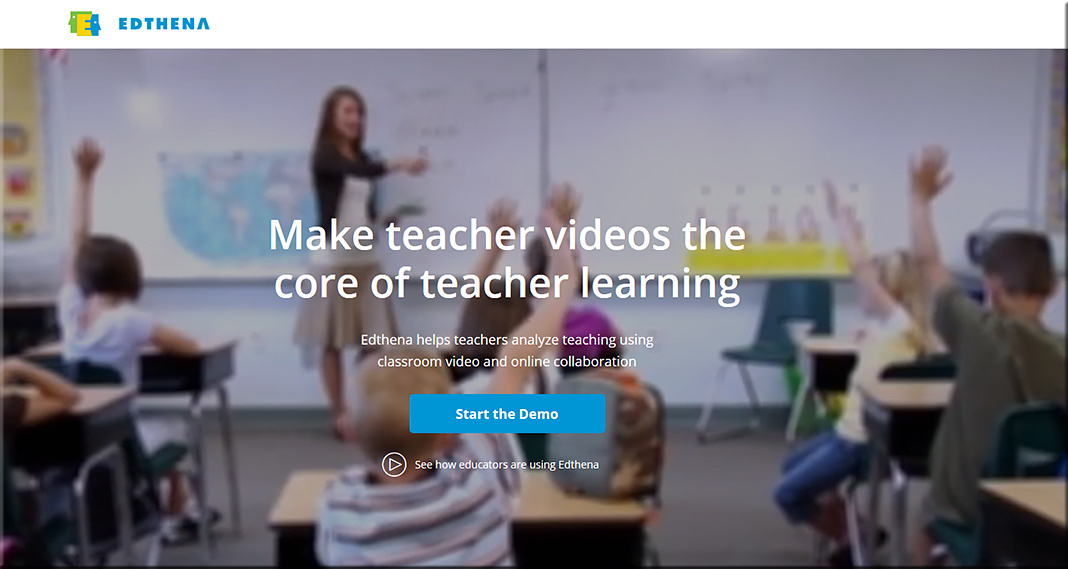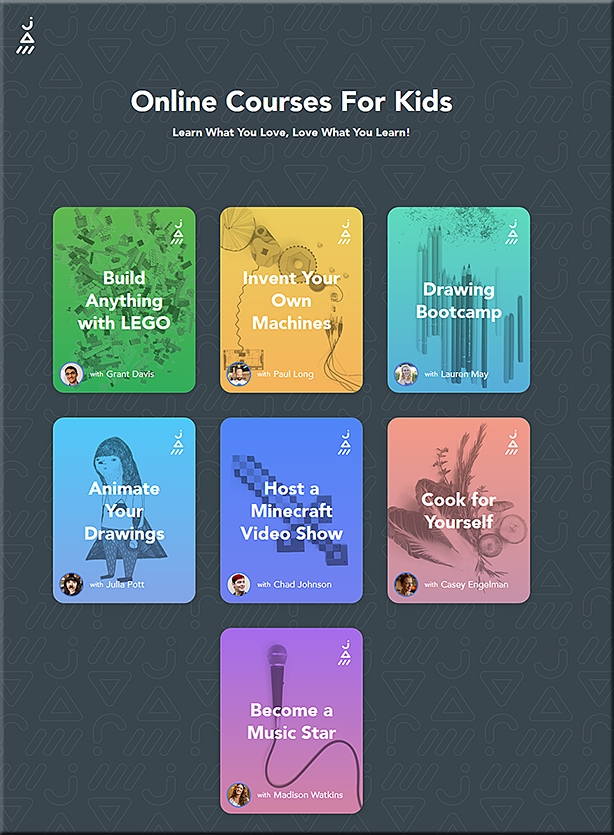5 Online Education Trends to Watch in 2017 — from usnews.com by Jordan Friedman
Experts predict more online programs will offer alternative credentials and degrees in specialized fields.
Excerpts:
- Greater emphasis on nontraditional credentials
- Increased use of big data to measure student performance
- Greater incorporation of artificial intelligence into classes
- Growth of nonprofit online programs
- Online degrees in surprising and specialized disciplines
The Future of Online Learning Is Offline: What Strava Can Teach Digital Course Designers — from edsurge.com by Amy Ahearn
Excerpt:
I became a Strava user in 2013, around the same time I became an online course designer. Quickly I found that even as I logged runs on Strava daily, I struggled to find the time to log into platforms like Coursera, Udemy or Udacity to finish courses produced by my fellow instructional designers. What was happening? Why was the fitness app so “sticky” as opposed to the online learning platforms?
As a thought experiment, I tried to recast my Strava experience in pedagogical terms. I realized that I was recording hours of deliberate practice (my early morning runs), formative assessments (the occasional speed workout on the track) and even a few summative assessments (races) on the app. Strava was motivating my consistent use by overlaying a digital grid on my existing offline activities. It let me reconnect with college teammates who could keep me motivated. It enabled me to analyze the results of my efforts and compare them to others. I didn’t have to be trapped behind a computer to benefit from this form of digital engagement—yet it was giving me personalized feedback and results. How could we apply the same practices to learning?
I’ve come to believe that one of the biggest misunderstandings about online learning is that it has to be limited to things that can be done in front of a computer screen. Instead, we need to reimagine online courses as something that can enable the interplay between offline activities and digital augmentation.
A few companies are heading that way. Edthena enables teachers to record videos of themselves teaching and then upload these to the platform to get feedback from mentors.
DIY’s JAM online courses let kids complete hands-on activities like drawing or building with LEGOs and then has them upload pictures of their work to earn badges and share their projects.
My team at +Acumen has built online courses that let teams complete projects together offline and then upload their prototypes to the NovoEd platform to receive feedback from peers. University campuses are integrating Kaltura into their LMS platforms to enable students to capture and upload videos.
We need to focus less on building multiple choice quizzes or slick lecture videos and more on finding ways to robustly capture evidence of offline learning that can be validated and critiqued at scale by peers and experts online.










